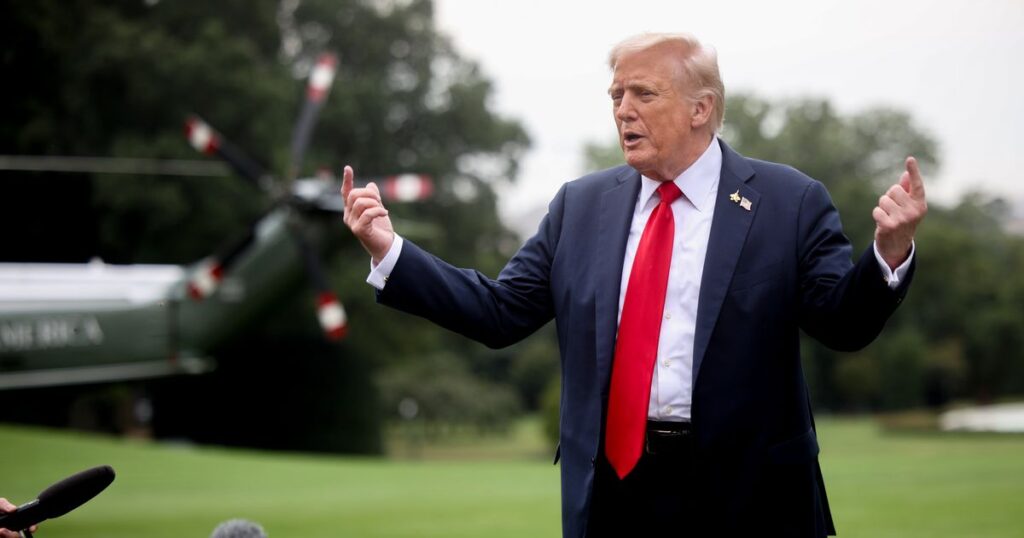
Introduction
The Hatch Act, established in 1939, is a crucial piece of legislation that governs the political activities of federal employees in the United States. Its significance lies in maintaining the integrity and neutrality of government operations while ensuring that public officials remain accountable to democratic principles. Recently, the relevance of the Hatch Act has resurfaced in public discourse, particularly regarding the activities of federal employees within the political arena.
What is the Hatch Act?
The Hatch Act prohibits federal employees from engaging in partisan political activities, thereby aiming to prevent conflicts of interest and ensuring that government functions remain impartial. Specifically, it restricts employees from running for political office, campaigning for candidates, or using their official positions to support political parties at any level. This act applies to all federal workers, including those in the executive branch, and has become a cornerstone of ethical guidelines in American governance.
Recent Developments
In recent years, the relevance of the Hatch Act has regained attention. During the 2020 election cycle, numerous allegations surfaced regarding violations of the Hatch Act, notably involving figures in the Trump administration. In particular, the Office of Special Counsel (OSC) faced increased scrutiny as it investigated claims of breaches related to political campaigning activities conducted by federal employees. These investigations have sparked debates about the enforcement of the act and whether existing guidelines effectively protect the integrity of federal services.
Enforcement and Implications
The enforcement of the Hatch Act lies primarily with the OSC, which investigates claims of violations and has the authority to recommend disciplinary actions. These can range from reprimands to termination, depending on the severity of the infraction. The act underscores a greater conversation regarding the balance between free speech and the ethical obligations of public servants, raising questions about how federal employees can navigate personal political beliefs while adhering to legal restrictions.
Conclusion
The Hatch Act remains a vital legal framework for ensuring the impartiality of federal employees and the integrity of governmental operations. As political landscapes evolve, ongoing discussions around the act’s relevance and enforcement will shape the future of federal service and democratic processes. With the 2024 elections approaching, it is essential for federal employees to remain informed about their rights and responsibilities under the Hatch Act to uphold the core values of democracy and transparency.



